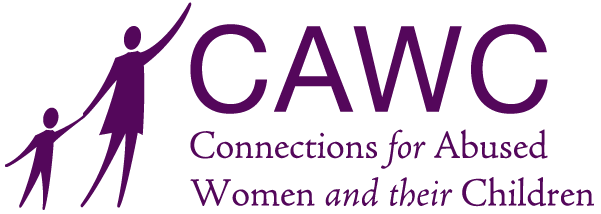Domestic violence is a pervasive issue with profound impacts that extend well beyond the sphere of private life, affecting current employment and new job opportunities. Survivors often face challenges that hinder their ability to secure and maintain employment, ultimately affecting their financial independence and stability. Here’s what everyone, including employers, should know about the economic impact of domestic violence in the workplace and in the lives of survivors.
Job Stability Challenges for Survivors and Employers
Domestic violence can seriously disrupt a survivor’s work life in various ways. Absenteeism is a significant issue, as survivors may need time off to recover from injuries, attend court dates, or seek safe housing. Domestic violence leads to a substantial number of lost workdays each year, causing challenges for coworkers and productivity losses for employers. In addition, some abusers will attempt to directly sabotage a survivor’s standing at work in other ways.
Any and all of this can have a detrimental impact on employment stability if a survivor is terminated for these reasons or is driven to quit their job.
Even for survivors who manage to remain employed, the psychological effects of abuse — such as anxiety and depression — can impair job performance and concentration, preventing the survivor from doing their best work. The constant fear of harassment or violence at the workplace can also lead to increased stress and decreased productivity, even if this doesn’t result in job loss (and it can).
The Impact of Domestic Violence on Employment Opportunities
Domestic violence can also limit survivors’ access to new employment opportunities. Abusers often deliberately prevent survivors from obtaining new jobs through tactics like withholding transportation or necessary documentation. This control extends to educational opportunities: abusers may hinder survivors’ efforts to gain new skills or advance their education, further limiting their employment prospects.
Further, survivors who are unable to secure employment for long periods of time are at risk of incurring gaps in their résumé that can (falsely) appear as a red flag to potential employers. This makes it even harder still for them to find jobs or achieve financial independence from their abusers.
The Role of Employers and Domestic Violence Service Providers
Employers and domestic violence service providers play a critical role in addressing the impact of abuse on employment. By recognizing the signs of abuse and providing support, such as flexible working arrangements and access to local domestic violence counseling services, employers can help mitigate the negative effects on survivors’ employment stability and productivity. If you’re an employer, you can curb the cost of domestic violence, not just for your employees and company, but for your community as a whole.
Even if you’re not, you can help to improve the employment and financial stability of abuse survivors by supporting a domestic violence service provider near you.
Support Employment and Financial Stability for Survivors With CAWC
At Connections for Abused Women and Their Children (CAWC), we believe that everyone has a right to a life free of violence. Our mission to end child abuse in conjunction with domestic violence is rooted in education, service, and advocacy. In addition to working toward broader social change, we provide empowerment-based and trauma-informed support in the form of shelter, counseling, and advocacy to individuals affected by intimate partner violence and their children.
If you or someone you know is actively experiencing the impacts of domestic violence, don’t hesitate to call our 24-hour hotline at (773) 278-4566. For non-emergency support, reach out through our contact form today.
Want to help us protect more women and children? You can impact the life of a domestic violence survivor or a child who witnessed domestic violence by donating to CAWC today or by supporting our work in other ways.
